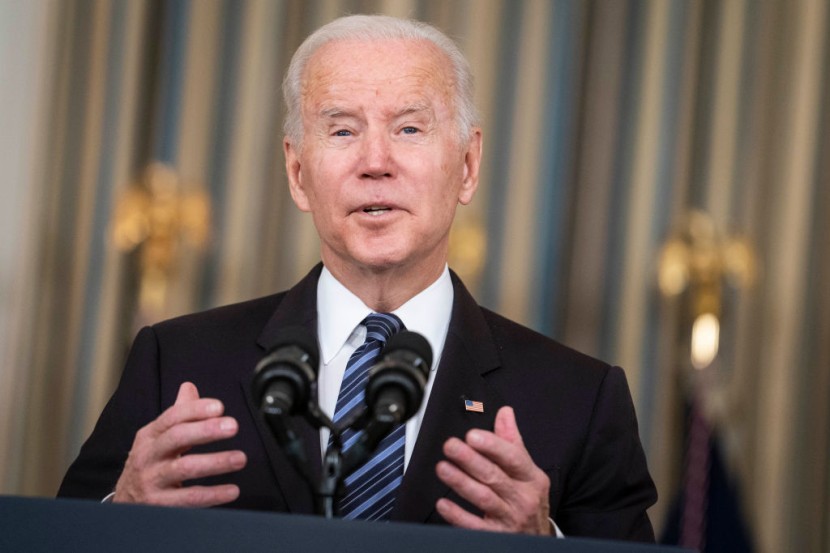
United States President Joe Biden's Build Back Better Act will address climate change, expand Medicare coverage, and become a game-changer for many parents relying on the advanced child tax credit.
The Democrat's act also includes provisions that range from providing paid leave to funding universal pre-K. These would be extremely advantageous for low- to middle-income families, Krix Cox, deputy director of federal tax policy at the Center on Budget and Policy Priorities (CBPP) said. The official added that higher-income families will also gain benefits from the "historic investments."
Build Back Better on Child Tax Credit
In a statement, Cox said that as a whole, the bill will be able to substantially reduce the level of poverty in the United States, especially child poverty. She noted that the expansion of the child tax credit (CDC) alone will be capable of significantly reducing the number of impoverished children in the country.
Despite its massive benefits, the Senate has not yet voted on the Build Back Better Act, which means its contents and provisions are still subject to change. However, the massive $1.75 trillion has several provisions that will benefit many Americans, CNBC reported.
Read Also: Oil Prices Hike Despite Biden's Announcement of Release of 50 Million Barrels From Strategic Reserve
The Build Back Better will have about $400 billion that will be distributed to help states build universal prekindergarten and affordable child care programs over the next six years. The plan includes roughly $100 billion in funds that will be set aside for child care expansion and subsidies over the first three years with similar spending of resources over the duration of the program.
Authorities designed the proposal to make sure that the majority of American families, those who have four people in their households earning up to $300,000, will not have to spend more than 7% of their income on child care. It adds that families earning under 75% of the state's median income would not have to pay anything for child care.
Monthly Payments to Americans
At least $18 billion and unspecified spending levels for the duration of the program will be used to fund state programs that provide preschool programs for all three- and four-year-olds. The complete cost of a state's universal preschool expenditures will be covered by the bill for the first three years. Subsequent years will have reduced coverage, starting at 90% in the fourth year, 75% in the fifth year, 60% in the sixth year, and so on, the New York Times reported.
The situation comes after Congress passed the American Rescue Plan in March where lawmakers boosted the payments for the CTC to $3,600 for eligible children under six years old and $3,000 for those aged six to 17. The bill also changed how families would receive the payment, stretching it out over several months instead of one big payment.
The monthly payments are set to expire in December but have a chance to be extended if the Senate votes to pass Biden's Build Back Better Act. The bill would change how the system allows people to receive their credit, making it available for eligible families to receive full credit in monthly payments, Newsweek reported.
Related Article:
© 2026 HNGN, All rights reserved. Do not reproduce without permission.








